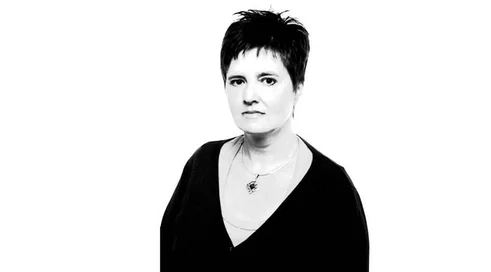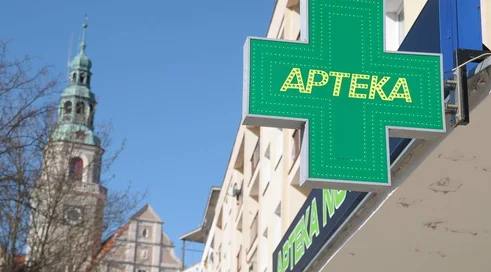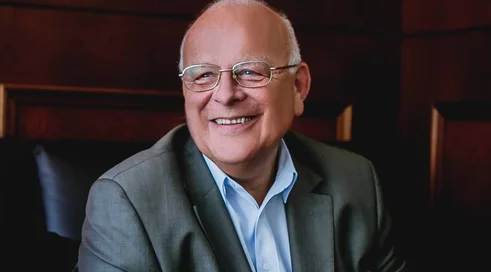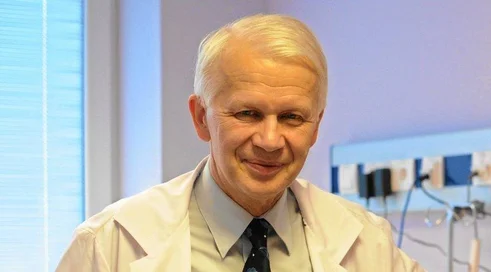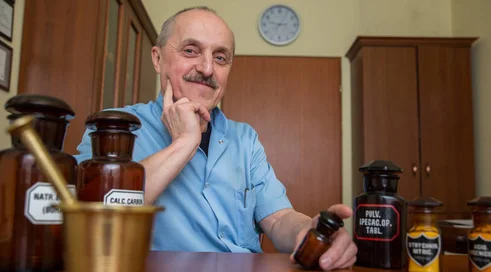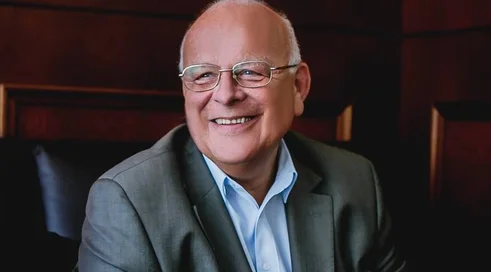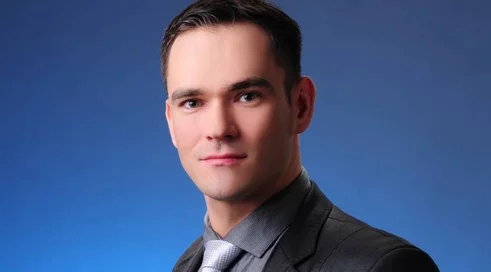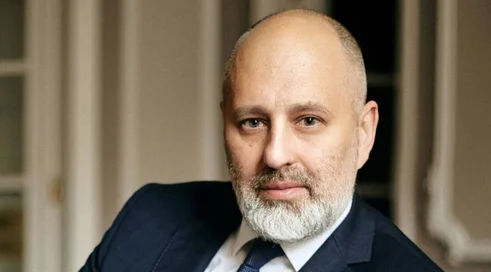Not a health benefit, not a pharmaceutical service, and the activity will be billed by the National Health Fund starting May 1. Reading the report on the public consultation of the draft regulation on the pilot program, under which women are to gain access to emergency contraception without the need for a prescription from a doctor, makes it clear that everyone is wrong, and the Ministry of Health is right.
Of course, in the message of the ministry itself. Of the hundreds or so comments submitted by legal entities (ranging from the Ombudsman to the pharmacists' self-government to organizations of employers and health care workers), the majority concerned an attempt to clarify what the fact of a pharmacist issuing a prescription and dispensing the so-called "morning-after pill" is supposed to be. Because recognizing this fact ...
Content locked
To gain access to the complete English section of the Medexpress.pl, kindly reach out to us at [email protected].
If you already have an account, please log in






